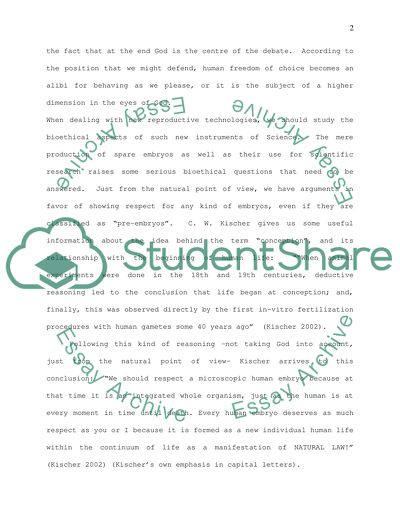Cite this document
(“Bioethics Essay Example | Topics and Well Written Essays - 2500 words”, n.d.)
Retrieved from https://studentshare.org/science/1499205-bioethics
Retrieved from https://studentshare.org/science/1499205-bioethics
(Bioethics Essay Example | Topics and Well Written Essays - 2500 Words)
https://studentshare.org/science/1499205-bioethics.
https://studentshare.org/science/1499205-bioethics.
“Bioethics Essay Example | Topics and Well Written Essays - 2500 Words”, n.d. https://studentshare.org/science/1499205-bioethics.


